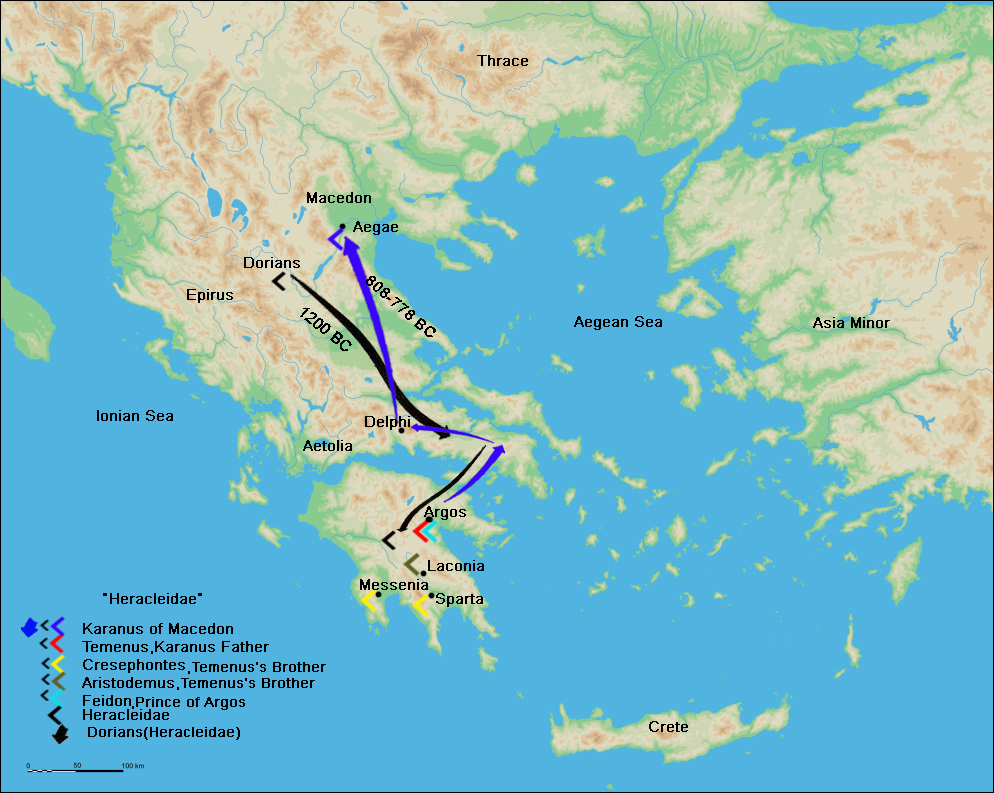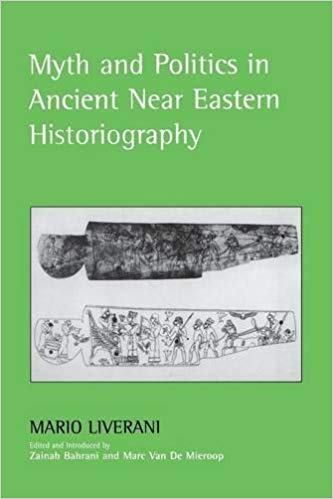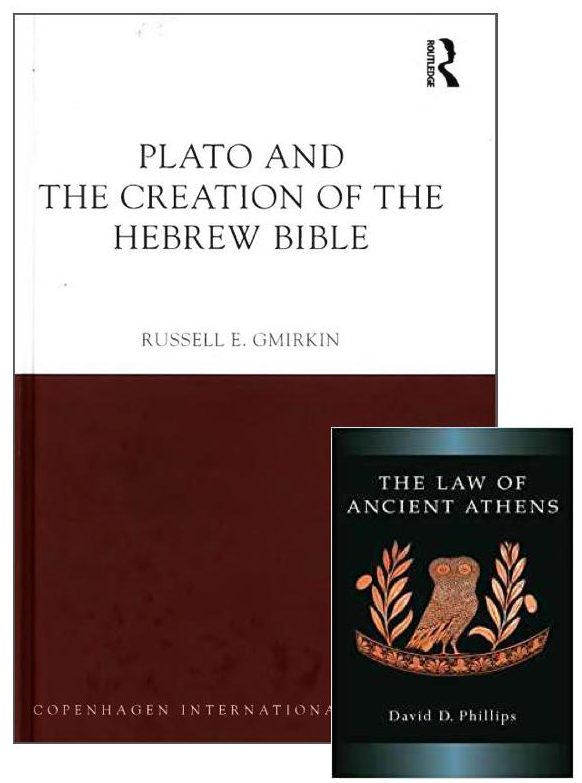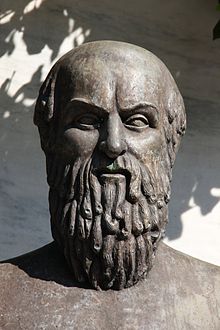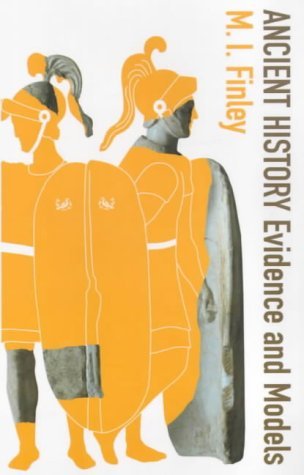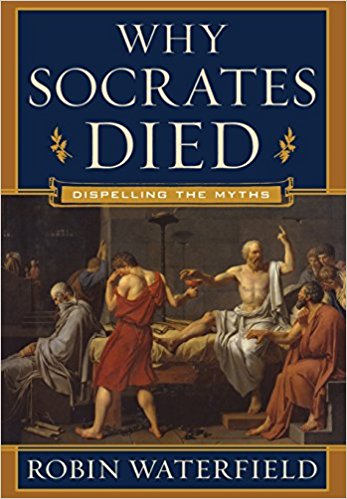For the background to this post see Vridar Maintenance.
I am listing here the posts that are categorized or tagged as “Ancient Historiography“. This list is for my own editing purposes but I am making it public because I know it’s a topic that if of particular interest to some readers, so they can share my pain in trying to sort them out.
From this list I will be looking for anything that
- does not really come under “ancient historiography”,
- is better tagged or categorized with some other label.
Maybe “ancient historiography” itself is too broad, narrow, or unclear as to precise meaning.
(Other posts not listed here but paralleling the themes and content of posts here will be added and sorted out in good time.)
Interested readers are welcome to make suggestions.
- What Josephus might have said about the Gospels — 2008-10-26
- How History Was Done in Bible Times: Myths about Herodotus and Thucydides — 2014-02-05
- Ancient Historians: Thucydides, historian of realism, not reality — 2014-02-06
- The Best of Ancient Historians Following Homer and the Epic Poets — 2014-02-07
- How Ancient Historians Constructed Dramatic Fiction: Thucydides and the Plague — 2014-02-13
- How Ancient Historians Worked — Summary — 2014-02-16
- The Difference between Story and History in the Bible — 2015-03-11
- The Positive Value of Scepticism — and Building a Negative Case — in Historical Enquiry — 2015-06-17
- Ancient Historians Fabricating Sources — 2015-07-24
- Are theologians rationalizing myths and miracles as ancients rationalized their myths? — 2017-05-28
- What’s the Difference Between a History and a Biography? –2017-06-07
- How and Why Plutarch Expanded His “Lives” — 2017-06-14
- Ancient vs. Modern Biographies: Didn’t Bultmann Know the Difference? — 2017-08-02
- An Ancient Historian on Historical Jesus Studies, — and on Ancient Sources Generally — 2017-10-31
- The evidence of ancient historians — 2017-12-10
- How Historians Study a Figure Like Jesus — 2018-10-21
- “Now we know” — how ancient historians worked — 2018-11-30
- Ancient History, a “Funny Kind of History” — 2019-01-21
- Luke-Acts Explained as a form of “Ideal Jewish History” (Part 1) — 2019-02-02
- Luke-Acts as form of history-writing (Luke-Acts Explained . . . Part 2) — 2019-02-03
Then there are additional posts currently attached to a label “Ancient historians“. Some of the above posts also have “ancient historians” as a label but I am avoiding double up here.
- Comparing the sources for Alexander and Jesus — 2007-04-22
- Ancient historians’ accounts of shipwrecks — 2007-04-27
- Ancient historians at work: Polybius, Herodotus (cf Gospels, Acts) — 2007-05-08
- The literary genre of Acts. 4: Historian’s Models – comparing Josephus — 2007-11-27
- The Bible’s “Historical” Writings: Histories or Historical Novels or . . .? — 2009-09-24
- Comparing the evidence for Jesus with other ancient historical persons — 2010-05-01
- Reading an ancient historical narrative: two fundamental principles — 2011-02-24
- Correlations between the “Histories” of Herodotus and the Bible’s History of Israel — 2011-02-24
- What if the Gospels did cite their sources and identify their authors? — 2012-09-18
- Is Luke Among the Lying Historians? — 2013-12-03
- Signs of Fiction in Ancient Biographies — & the Gospels — 2017-06-06
- What’s the Difference Between a History and a Biography?— 2017-06-07
- Distinguishing between “fiction” and “history” in ancient sources — 2017-06-18
- Did the ancient philosopher Demonax exist? — 2017-08-09
- It works for Esther. Why not for Jesus? — 2017-12-19
- Doing History: How Do We Know Queen Boadicea/Boudicca Existed? — 2018-05-07
- How a Fairy Tale King Became Historical — 2018-05-08
- Doing History: Did Celts Ritually Kill Their Kings? — 2018-05-09
- Why the Rabbis (and Gospel Authors, too) Wrote Fiction as “True History” — 2019-01-24
- Midrash: A Message from God, though not historically true — 2019-01-25
Then other posts, link is “ancient history”
- Is history a trial? — 2011-10-25
- Dealing with Silence and the Absence of Evidence in an Age of Resurgent Orthodoxy — 2017-12-08
Then more under “ancient biographies”
- Did Demonax Exist? The Historicity Debate ‘Rages’ — 2017-08-15
- Ad Hoc explanations for all those different biographies of Jesus …. (or Socrates) — 2017-12-03
- Why the “Biographies” of Socrates Differ — 2017-12-05
“ancient forgeries“
- Ancient forgeries — by lawful decree — 2007-09-06
- Forgery in the ancient world — 2009-07-04
- Was forgery treated seriously by the ancients? — 2017-09-19
- The Problem of Forgery in the Bible: 10 Myths to Justify False Authorship — 2017-03-01
“ancient sources”
- Miscellaneous point — Mount Vesuvius and the argument from silence — 2018-090-18
- A scholarly hankering…. — 2018-09-21
- “Under Tiberius All Was Quiet” : Or — No, Jesus was not “one of many” — 2018-10-25
- Lying Eyewitnesses — Always With Us — 2018-12-21
“ancient literature”
- The literary genre of Acts. 1: Ancient Prologues — 2007-11-12
- Ancient prologues: Conventions and an oddity of the Acts preface — 2007-11-13
- The literary genre of Acts. 10: historical novels – ancient cyrogenics and lost cities — 2008-02-09
- Literary criticism, a key to historical enquiry (Nehemiah case study) — 2010-07-01
- The Popularity of Resurrection — 2010-07-17
- The Classical and Biblical Canons — & the importance of identifying authors — 2017-11-29
- Another example of that bookend structure in ancient literature — 2018-10-30
- A New Genre for the Gospels? It’s not so unusual. And Imitation and Intertextuality? A necessity! — 2018-12-09
“ancient novels”
- Why New Testament Scholars Should Read Ancient Novels — 2012-11-17
- Greek Novels Casting Light On New Testament: Part 2 of “Why NT Scholars Should Read Ancient Novels” — 2012-11-28
Okay, that’s a start. Over 60 posts to be sorted here.
. . . .
But wait, some more: “Greco-Roman Biographies”
- Michael Licona Asks, “Why Are There Differences in the Gospels?” — 2017-05-31
- One Key Difference between Gospels and an Ancient Biography — 2017-06-08
- How and Why Plutarch Expanded His “Lives” — 2017-06-14
- Did Aesop Exist? — 2017-08-08
- Evolution of the Gospels as Biographies, 1 — 2017-08-10
And it is at this point where we are beginning to overlap with the Gospel Genre posts.
And still more (to be periodically updated):
“Plutarch”
- Dog resurrection — 2009-12-30
- Ancient mythicist-historicist role reversal — 2010-03-10
- Scholars undermining scholars on questions fundamental to historicity of Jesus — 2011-01-04
- Another Bart Ehrman mis-reading of Earl Doherty’s book — 2012-03-29
- One Difference Between a “True” Biography and a Fictional (Gospel?) Biography — 2017/04/30
“Suetonius”
- R.I.P. F.F.Bruce on Suetonius and Chrestus — revised — 2007-01-16
- Scholars undermining scholars on questions fundamental to historicity of Jesus — 2011-10-04
- 5. Earl Doherty’s Response to Bart Ehrman’s Case Against Mythicism: A Roman Trio — 2012-04-23
- “Is This Not the Carpenter?” – References to Jesus outside the Christian Sources — 2012-08-21
“Pliny the Younger”
- R.I.P. F.F.Bruce on Pliny’s letter about the Christians — revised — 2007-01-17
- New Testament allusions in Pliny correspondence with Trajan? — 2007-01-17
- Fresh Doubts on Authenticity of Pliny’s Letter about the Christians — 2016-02-17
“Tacitus”
- R.I.P. F.F.Bruce on Tacitus and the Christians – revised — 2007-01-16
- O’Neill-Fitzgerald: #5, Should We Expect Any Roman Records About Failed Messiahs? — 2014-01-01
“Julius Caesar”
- How Jesus Christ outclassed Julius Caesar — 2010/08/21
- The Gospels Are “Only Parables” ABOUT Jesus: Crossan (Part 2 of 3) — 2013-01-11



